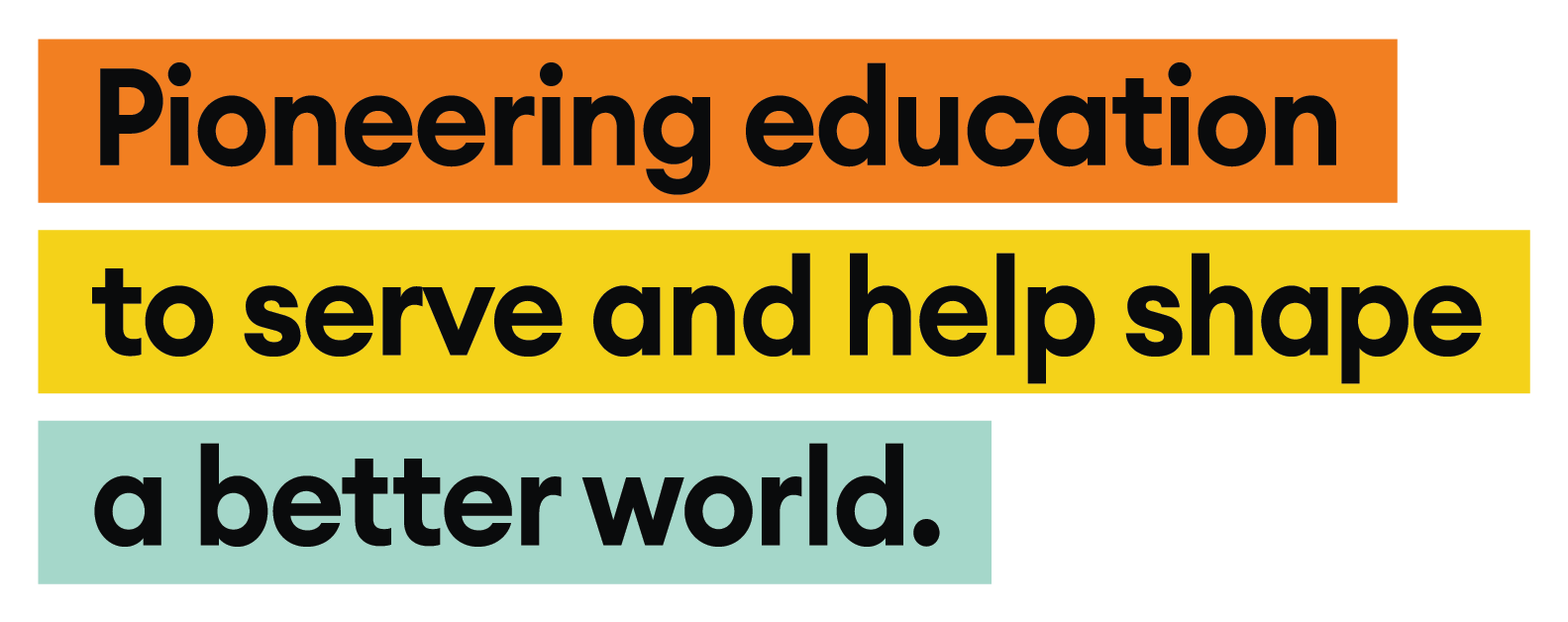When Shanghai International School pupils become global champions
10 Dec 2019
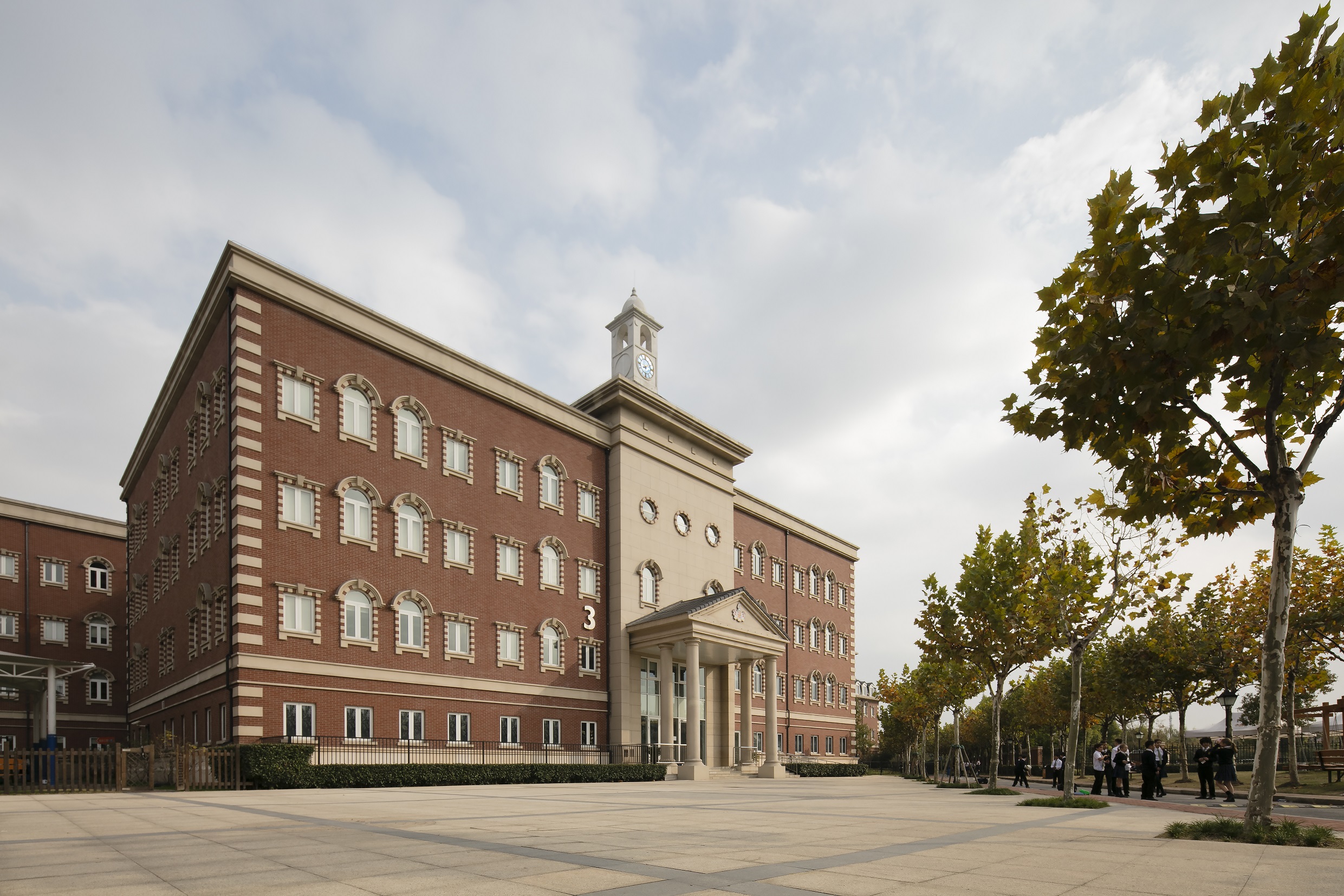
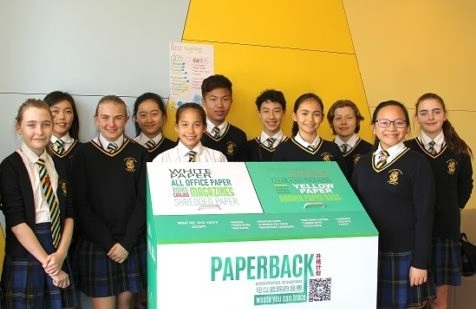 Can you outline some of the initiatives that you’ve undertaken as a group?
Can you outline some of the initiatives that you’ve undertaken as a group?
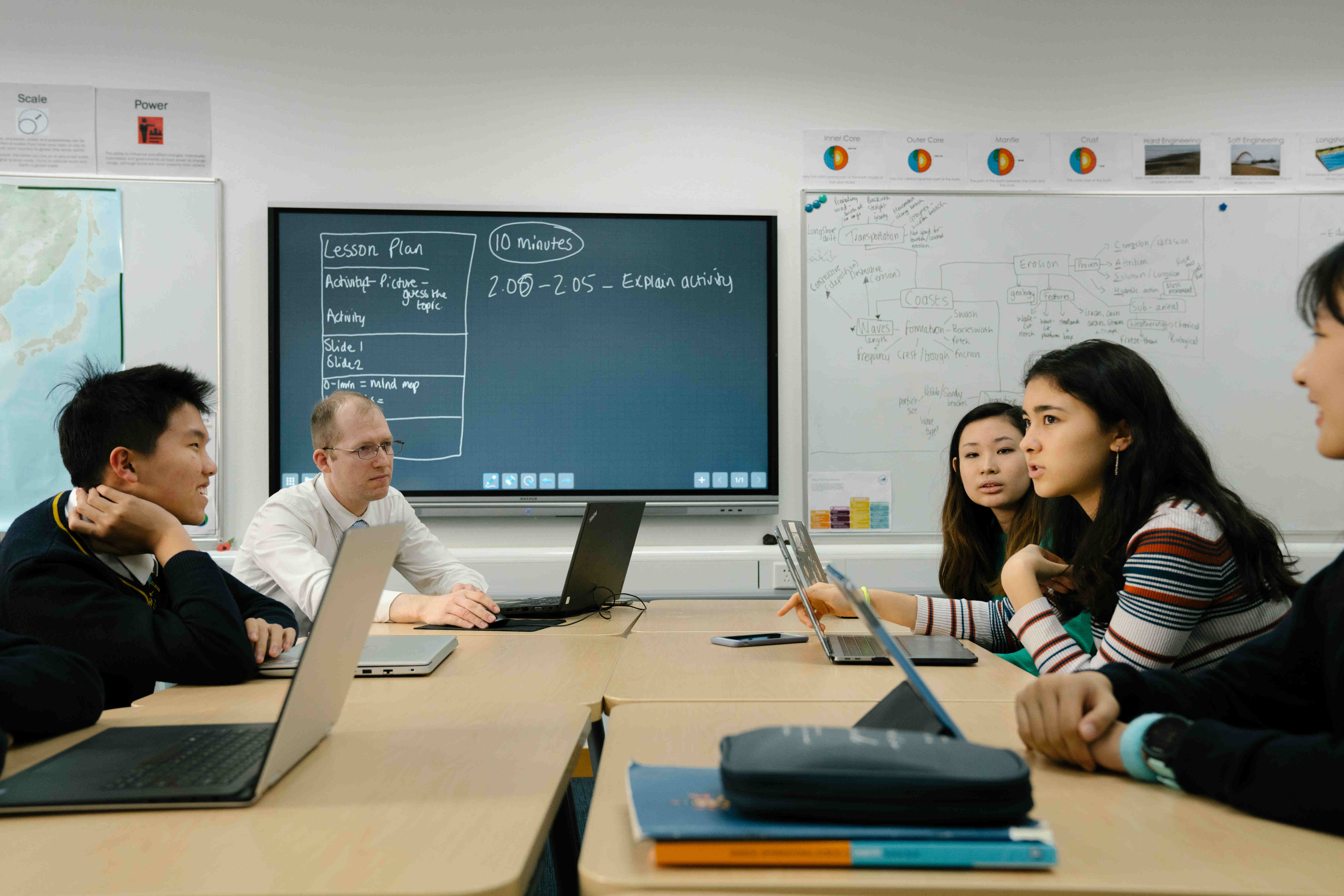 In all these projects, recording and analysing data seems to play a central role. Why is it important that you have this kind of tangible data to work with?
In all these projects, recording and analysing data seems to play a central role. Why is it important that you have this kind of tangible data to work with?
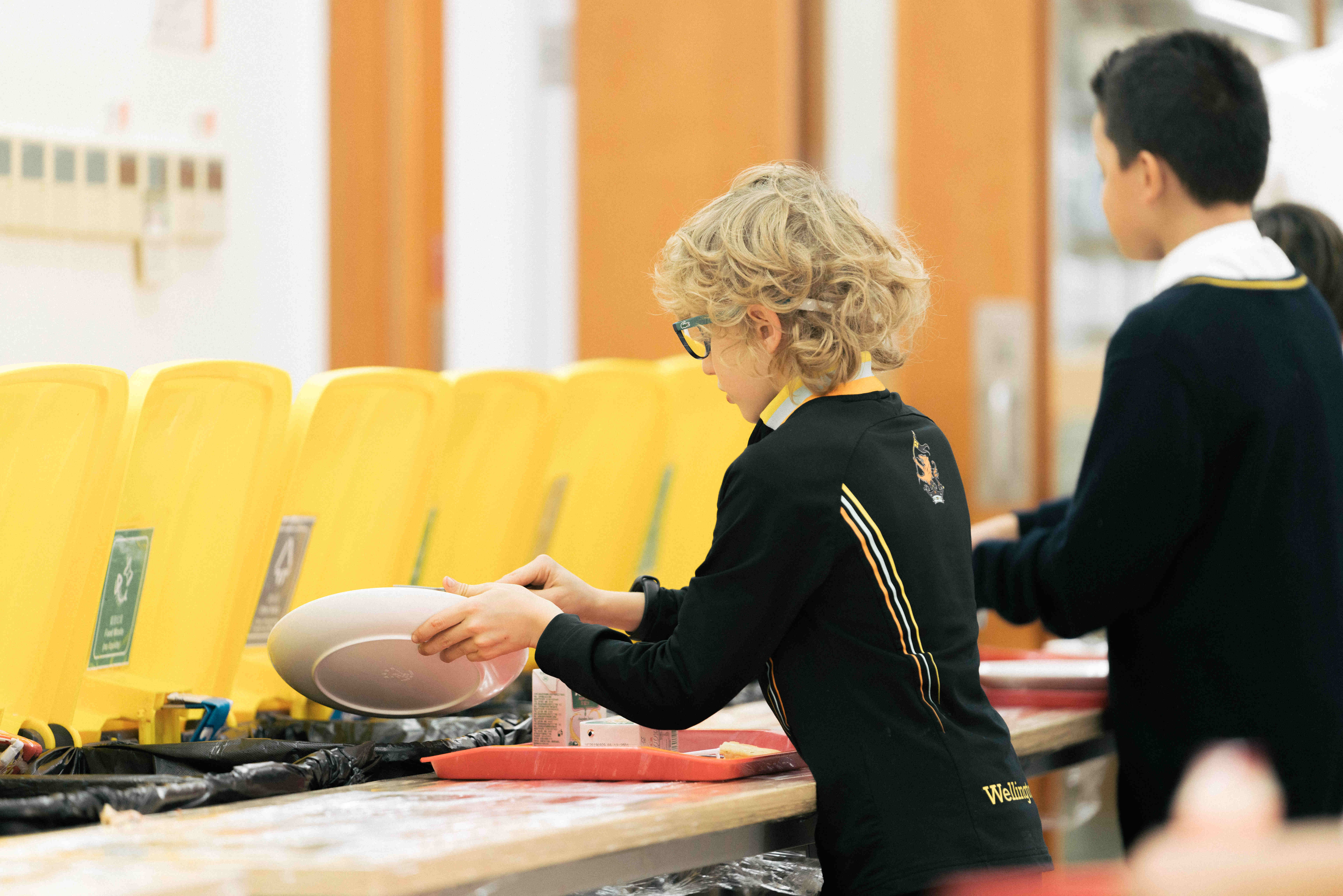 How else are you getting your message out there?
How else are you getting your message out there?
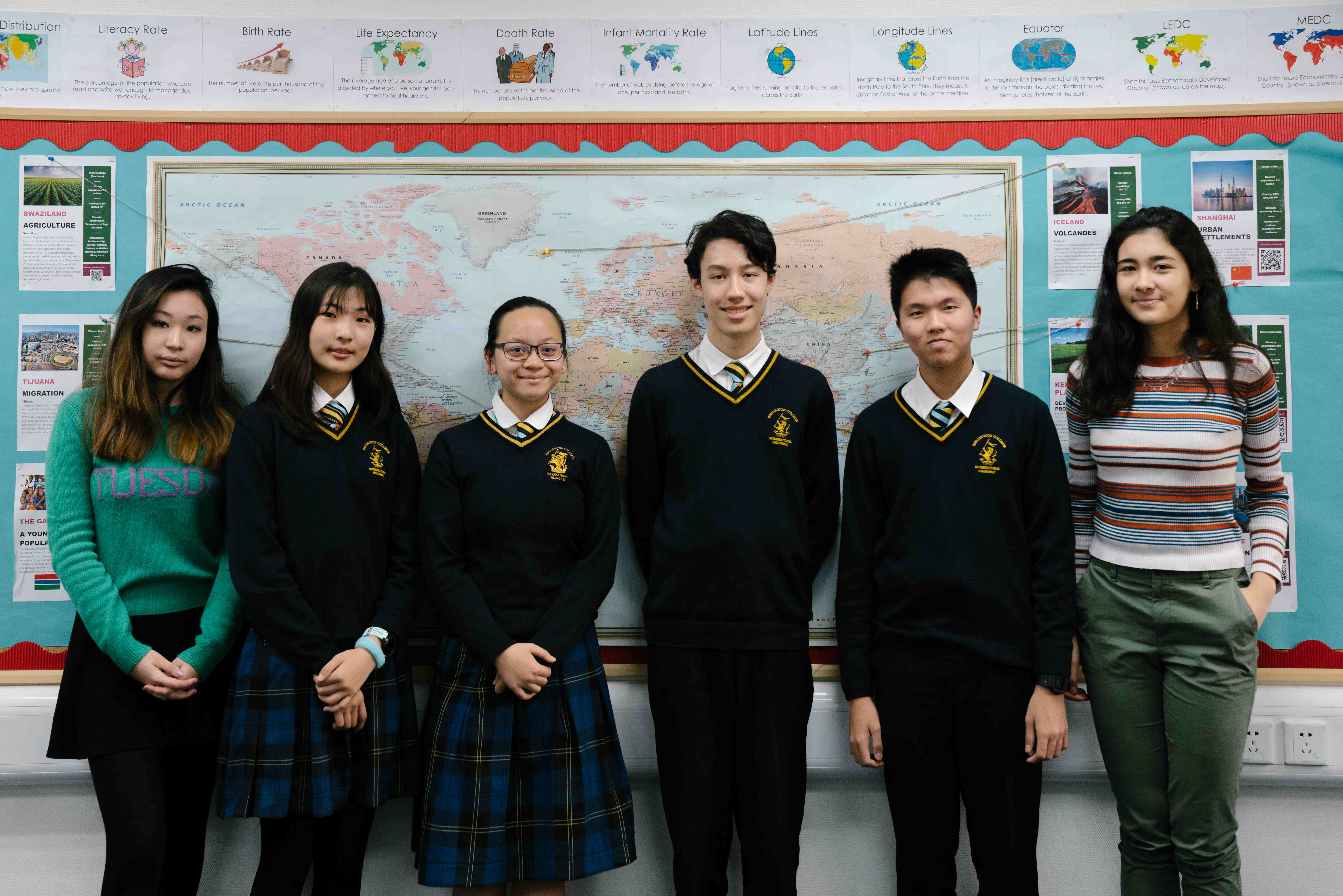 What does the work you’re doing in this CCA mean to you personally? Why are you choosing to spend your time here, doing these projects?
What does the work you’re doing in this CCA mean to you personally? Why are you choosing to spend your time here, doing these projects?
Related Articles

Wellington and Hiba pupils shine in multiple competitions22 Jul 2024
At Wellington College China schools, Be You. Be More is more than just a slogan. We bring this aspirational spirit to everything we do. Every year, across all our schools, our pupils amaze us with wh
Read More

From pupil to mentor: A journey through music and teaching06 Jan 2025
Jackson Faulker, Wellington Shanghai Class of 2018, joined us last month for Wellington Shanghai’s 10th-anniversary celebrations both as a founding pupil and as a special guest performer in the school
Read More

Wellington honours exceptional pupils on 2024-25 Fellowship Award Night13 Dec 2024
Wellington College celebrated its brightest young minds, most talented artists, and top-tier athletes at our annual Fellows Award Night. Over 150 pupils were recognised for their remarkable achieveme
Read More










